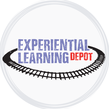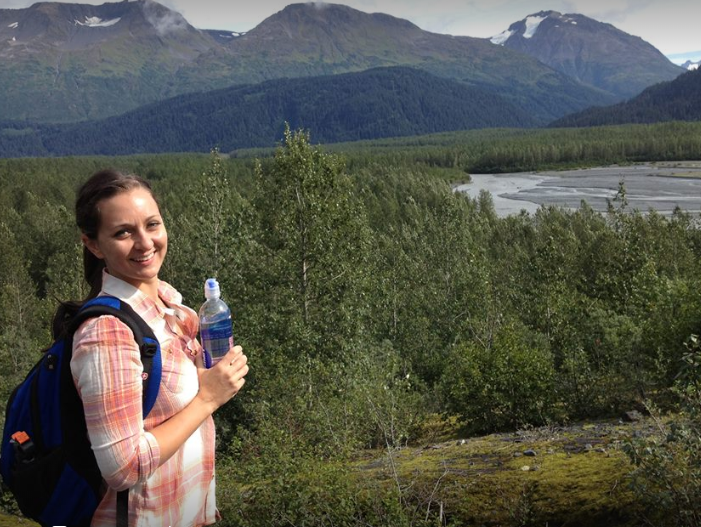|
0 Comments
10 Free Gifts to Give Your Students This Holiday Season
Children of the 21st century need so much more from educators than content delivery. We as teachers (and parents) grew up in an entirely different world than our students. Information is available to them anytime, anywhere. Memorizing facts, we know, isn't relevant to this generation, it won't be relevant to the next generation, nor the one after that. What students need now are the "free gifts" on the list above, among other things. There are many more student-needs than what I listed on my gorgeous graphic up top, I just couldn't fit anymore on the page! Educators are (or should be) well aware of Maslow's hierarchy of needs. Basic needs must first be met for learners to reach a level of "self-actualization." Many children do not even have consistent access to their most basic needs: food, water, warmth and rest. School may be the only place they get those things. Safety, friendship and the tools to build a healthy self-concept are additional student needs. Most children struggle with these ideas, especially tweens and teens. They need us to help them navigate through this unique time in history.  simplypsychology.org simplypsychology.org
What we can give our students this holiday season is support, kindness and love. We can listen when they need us to listen. We can provide our students with learning opportunities that help them develop the skills they need to succeed in the 21st century. We can offer experiences that foster the discovery of skills, talents, interests and desires.
I left my job a year ago to stay home with my own children, and since then have done some serious reflecting on my career. The last few years at my job I felt bogged down by constant student behavior issues, the pressure of adhering to standards, truancy, and my own stuff going on at home. I lost patience with my students and lost-sight of their most inherent needs. We all know teachers don't teach for the money! We teach because we love our students. You are likely already giving your students most, if not all, of the gifts on the list. If you're not, it's okay! Give yourself a break. We as teachers are up against a lot. But try to do some serious, honest self-reflection this winter break. Make changes in your classroom if you need to. Create the conditions they need to thrive. Assign projects that promote student voice and choice. Provide a plethora of input to aid students in discovering their interests and talents. Focus on your students, who they are as individuals, and what they really need from you. Check out some of Experiential Learning Depot's projects that might be just what your classroom needs. They are all student-centered, so provide that choice, voice, autonomy and hands-on experience mentioned on the list. Activities for Building a Strong Advisory Community Project-Based Learning Tool Kit Community Action Projects Student-Generated Rubric Follow Experiential Learning Depot on Pinterest, Instagram, and Facebook for more on experiential education, and check out my TpT store for experiential learning resources. Happy Wednesday! |
Blog IntentTo provide innovative educational resources for educators, parents, and students, that go beyond lecture and worksheets. AuthorSara Segar, experiential life-science educator and advisor, curriculum writer, and mother of two. Categories
All
|






 RSS Feed
RSS Feed